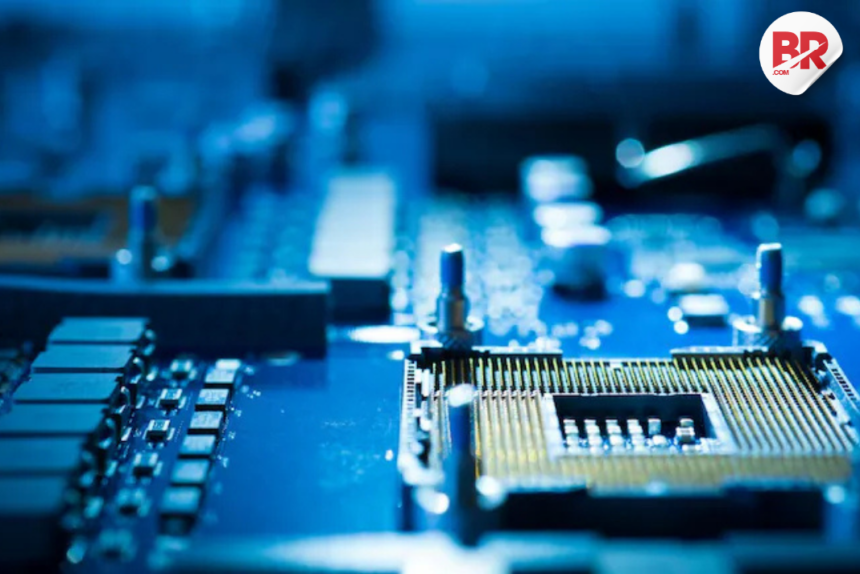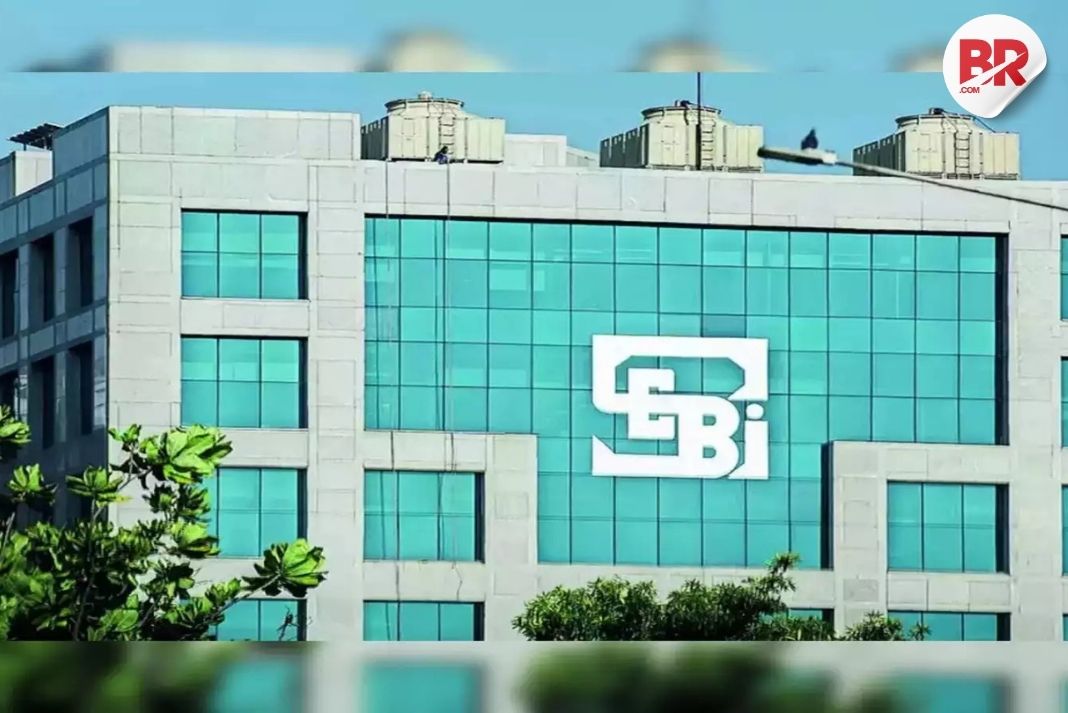
Bharat Electronics Limited (BEL) and Tata Electronics have signed a major Memorandum of Understanding (MoU) to develop homegrown semiconductor technology.
This partnership aims to boost India’s push for self-reliance in electronics, especially semiconductors. The deal marks a big leap toward building cutting-edge, locally made semiconductor solutions.

Semiconductor technology is the backbone of modern electronics. From smartphones to defense systems, everything depends on these tiny chips. India has long relied on imports for these crucial parts. But with this collaboration, BEL and Tata Electronics want to change the game by creating products right here in India.
What does this mean for the average Indian? It means fewer delays and costs linked to foreign supply chains. It also means better control over sensitive technologies, especially for defense and space sectors. Most importantly, it signals a growing tech ecosystem where Indian companies innovate and build critical components.
Also Read Indraprastha Gas Diversifies with ₹2,000 Cr FY26 Capex Amid EV Disruption Risks
The MoU focuses on several key areas. BEL and Tata Electronics will work together on semiconductor fabrication (making chips), Outsourced Semiconductor Assembly and Testing (OSAT), and design services.
Tata Electronics will bring its expertise in microcontrollers (MCUs), systems-on-chip (SoCs), monolithic microwave integrated circuits (MMICs), and other processors. Together, they plan to develop efficient manufacturing solutions tailored to BEL’s needs.
This collaboration is more than just business—it’s about sharing knowledge, best practices, and resources. The companies aim to create a strong foundation that supports India’s vision of “Atmanirbhar Bharat” (self-reliant India). So, instead of waiting on global suppliers, India could soon build its own high-tech semiconductor products from start to finish.
To put it simply: Imagine India as a chef finally learning to cook its favorite dish instead of ordering takeout every time. This MoU is the recipe book, and BEL with Tata Electronics are the chefs ready to bring homegrown flavor to the semiconductor table.
This step also follows global trends where countries are racing to secure semiconductor supply chains, especially after recent chip shortages disrupted everything from cars to gadgets. India’s move is smart and necessary.
Also Read MCX Launches Power Derivatives After SEBI, CERC Clearance; Market Eyes New Hedge Tool












